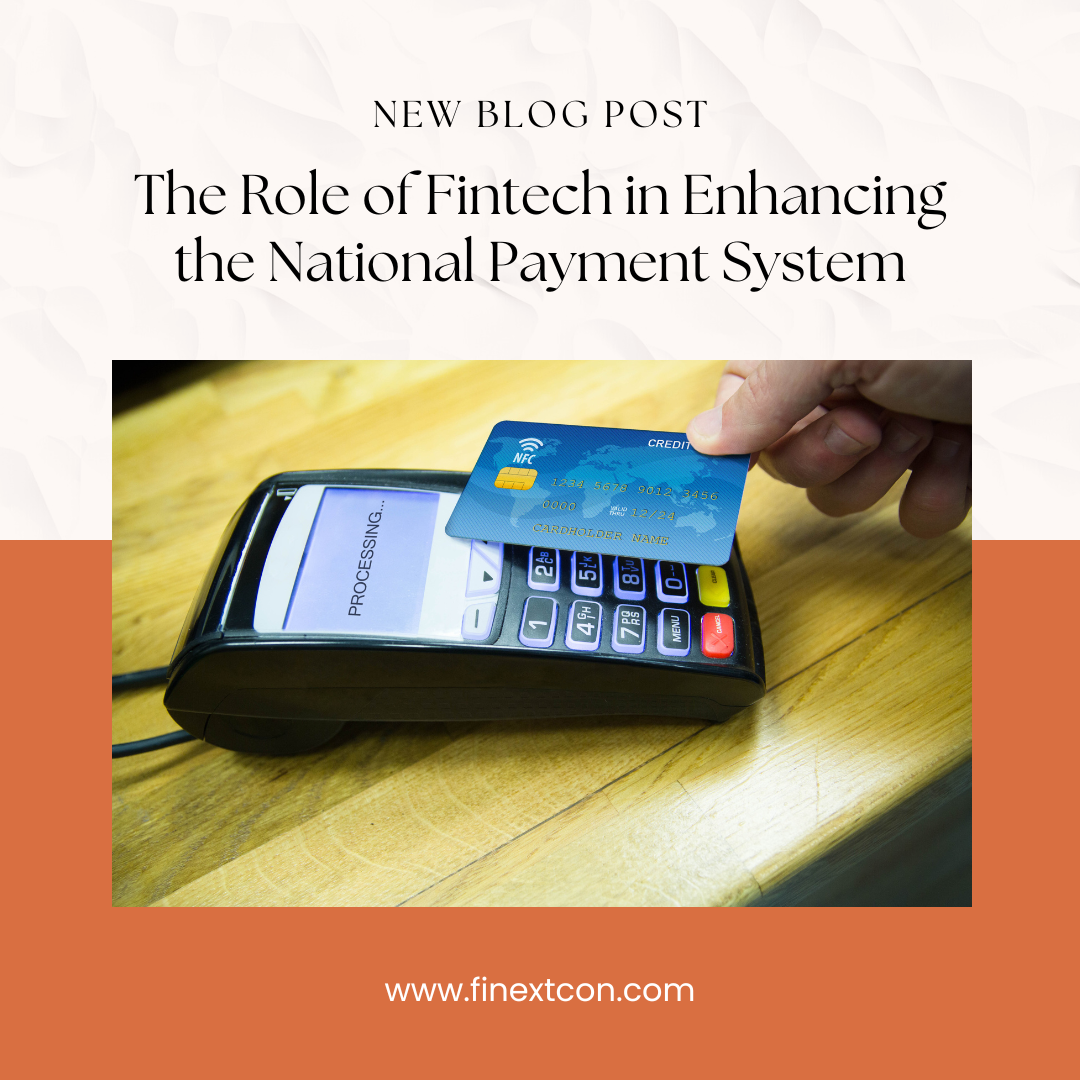Top Trends in Fintech Competitions: What Judges are Looking For in 2025
Tag: Finance event
Future Trends in Remittance Services: What the Top Companies are Planning for 2025
Future Trends in Remittance Services: What the Top Companies are Planning for 2025
Top 10 Payment Gateways in Saudi Arabia: A Comprehensive Guide
Top 10 Payment Gateways in Saudi Arabia: A Comprehensive Guide
Blockchain Startups to Watch in the Finance Sector
Blockchain Startups to Watch in the Finance Sector
The Role of Fintech in Enhancing the National Payment System
In the modern financial landscape, the advent of financial technology (fintech) has profoundly impacted the way we conduct transactions, manage finances, and perceive money. One of the most significant areas where fintech has brought about a revolutionary change is the national payment system. This blog delves into the crucial role fintech plays in enhancing the national payment system, its benefits, challenges, and the future outlook. Understanding the National Payment System The national payment system (NPS) encompasses the set of instruments, procedures, and rules used to transfer funds between entities within a country. It is a crucial component of the financial infrastructure, ensuring the efficient and secure movement of money. A robust NPS is essential for economic stability, facilitating trade, investment, and overall economic growth. The Rise of Fintech Fintech, a fusion of finance and technology, leverages innovations like blockchain, artificial intelligence, and big data to offer enhanced financial services. Its rise has disrupted traditional banking and payment systems, introducing new ways of conducting transactions that are faster, more secure, and more inclusive. Enhancing Efficiency and Speed One of the most notable contributions of fintech to the NPS is the significant improvement in efficiency and speed. Traditional payment methods often involve multiple intermediaries, leading to delays and higher costs. Fintech solutions, such as peer-to-peer (P2P) payment platforms and digital wallets, streamline the process, reducing the time taken for transactions to mere seconds. For instance, real-time payment systems like the Unified Payments Interface (UPI) in India have revolutionized how money is transferred, allowing instant bank-to-bank transfers 24/7. This not only enhances user convenience but also boosts economic activities by ensuring funds are available immediately for further transactions. Promoting Financial Inclusion Fintech has played a pivotal role in promoting financial inclusion, particularly in developing countries. Traditional banking systems often exclude large segments of the population, especially those in rural areas or with low incomes. Fintech bridges this gap by providing accessible and affordable financial services through mobile phones and the internet. Mobile money services like M-Pesa in Kenya have brought millions into the financial system, enabling them to save, borrow, and transfer money without needing a bank account. By integrating more people into the formal financial system, fintech strengthens the NPS and contributes to overall economic growth. Enhancing Security and Transparency Security and transparency are paramount in any payment system. Fintech innovations have significantly bolstered these aspects through technologies like blockchain and biometrics. Blockchain, for example, offers a decentralized ledger system that ensures transparency and reduces the risk of fraud. Biometric authentication methods, such as fingerprint and facial recognition, add an extra layer of security to financial transactions, minimizing the risk of unauthorized access. These advancements not only protect users but also enhance trust in the NPS, encouraging more people to adopt digital payment methods. Challenges and Considerations Despite its numerous benefits, the integration of fintech into the national payment system is not without challenges. Regulatory frameworks need to evolve to keep pace with technological advancements, ensuring that fintech innovations do not compromise… Continue Reading The Role of Fintech in Enhancing the National Payment System
The Role of Islamic Banking in Promoting Financial Inclusion
The Role of Islamic Banking in Promoting Financial Inclusion
The Role of Artificial Intelligence in Modern Tax Administration
Role of Artificial Intelligence in Modern Tax Administration
Fintech Partnerships: How Collaboration is Driving Innovation in Retail Banking
The financial landscape is undergoing a radical transformation, driven largely by the synergy between traditional retail banks and fintech companies. This collaboration is not just a trend; it is a fundamental shift in how financial services are delivered, aimed at enhancing customer experience, increasing operational efficiency, and fostering innovation. The Rise of Fintech in Retail Banking Fintech, short for financial technology, encompasses a wide range of applications, from mobile banking apps to blockchain technology. These innovations have introduced unprecedented levels of convenience, speed, and accessibility to financial services. Retail banks, recognizing the disruptive potential of fintech, have increasingly sought partnerships to stay competitive and relevant in an evolving market. Benefits of Fintech-Bank Collaborations Examples of Successful Fintech-Bank Partnerships Challenges and Considerations While fintech partnerships offer numerous benefits, they also present challenges. Regulatory compliance, data security, and cultural differences between traditional banks and fintech startups can pose significant hurdles. Successful collaborations require clear communication, aligned goals, and a mutual understanding of each partner’s strengths and limitations. The Future of Fintech-Bank Collaborations The future of retail banking will undoubtedly be shaped by continued collaboration between banks and fintech companies. As technology evolves, we can expect even more innovative solutions that will redefine banking. For instance, the rise of decentralized finance (DeFi) and blockchain technology could further disrupt traditional banking models, prompting even deeper collaborations. In conclusion, fintech partnerships are driving a wave of innovation in retail banking. By leveraging each other’s strengths, banks and fintech companies can create more efficient, inclusive, and customer-centric financial services. This collaboration is not just beneficial; it is essential for the future of banking.







